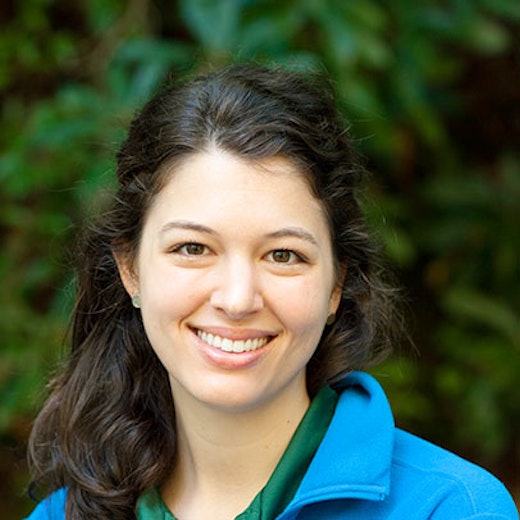
How many camp directors does it take to change a light bulb?
This week, Sandy, Missy, Anne, Steve, Sara, Ruby, and Charlotte all spent time learning and networking at the American Camp Association Southeastern Conference at Kanuga Conference Center. We all agreed that there is no place more fun than a conference with a bunch of other camp people sharing ideas, solving problems, and improving the community that makes summer camp special.
We took pages of notes, but three themes seemed to keep popping up throughout all of the keynote speeches and educational sessions:
Child Development: Early adolescence is a child’s second main stage of rapid development, and we must be sure to not only stimulate a child’s academic development, but also his or her critical thinking and social skills. Unfortunately, it seems that our culture has fallen into the “ritual of resume building trumping the right of human development,” said keynote speaker and American Camp Association CEO, Peg Smith. However, the challenging scenarios and independent environments that camp creates means that we have the opportunity to provide for children in ways that are unique to our industry.
Green River Preserve’s program is designed for the growth and development of young minds by encouraging campers to slow down, unplug, be more aware of the community and their surroundings, and discover and strengthen a connection to the natural world. Through self-directed learning and play, campers form a community that fosters growth, curiosity, and creativity. And we find ways to make it fun, too, because, as Smith quoted psychologist Peter Gray, “Without play, you never truly grow up.”
Community: It is hard to argue with the idea that if the whole world were like summer camp, the world would be a better place. Why? Perhaps it is due to the tight-knit community and incredible friendships that form in such a short amount of time. With the added disappearance of multi-age play at schools, summer camp is unique in that it provides a diverse community of people who may come from vastly different backgrounds or places, but who all share a love for camp and partake equally in rituals and responsibilities of the program.
The summer camp industry is very much an industry of relationships. We are teaching children to not only make friends, but also how to be friends. We witness children working through conflicts with one another and reciprocating the energy and actions that they desire from their peers. We watch children build communities. We watch young adults – the children’s counselors and mentors – provide the framework for that community-building without the facade of a computer screen or a text message. As Smith pointed out, “Success is pretty simple. It is your ability to get along with others.”

Stories: On the closing day of the conference, Ethlyn Byrd, a life-long camp supporter, stood up in front of the room of camp directors and said, “I went to a church camp in Louisiana growing up that cost $35 per day. It was stuck between red clay and pine trees.” With a stern look on her face she continued, “The buildings looked like old army barracks. The hike – the one hike – was to walk down the trail, eat a watermelon, and walk back.” She paused again and then looked firmly at the audience and said, “And it was glorious.”
There are so many incredible stories to tell about the community and the growth to be seen and experienced at summer camp. We hope you that will join and support the camping industry in finding a way to make summer camp a part of every child’s life.
As for the light bulb, we’ll get back to you…
